DEDICATION |
| Bernard Bertholf Smyth (1921-1999) |
~~~ This page is dedicated to the memory of my grandfather, Bernard "Bart" Smyth, whom I had the pleasure of learning to know far too late in life. I treasure the time we had together. He was the finest of people -- an honorable man who lived up to his beliefs and who brought joy to all his children through his generosity of spirit, his kindness, and his humanity. We miss him dearly. ~~~
|
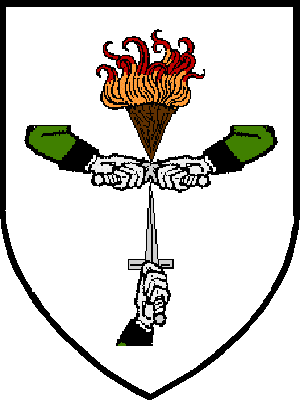
|
County Cavan, Ulster, Ireland |
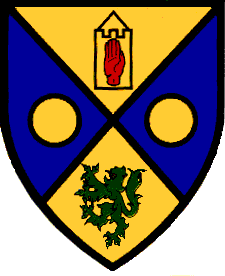
|


COUNTY CAVAN, ULSTER, IRELAND
![]()
Originally part of the ancient kingdom of Bréifne,
this inland county contains the towns of Cavan,
Bailieborough, Virginia, Belturbet, and Ballyjamesduff.
It is the southern-most province of traditional Ulster,
and measures approximately 47 miles long by 23 miles across.
It is bounded to the west by Leitrim, to the north by
Fermanagh and Monaghan, to the east by the latter county and Louth,
and to the south by Longword, West Meath and East Meath.
This part of Bréifne was ruled by the O'Reillys, from
the town of Cavan, and as a result was called Bréifne
O'Reilly. The other part of Bréifne, County Leitrim,
was known as Bréifne O'Rourke, for the ruling clan there.
In addition to the O'Reillys, other prominent families in Cavan are Brady,
O'Mulleady, McGovern, Sheridan, O'Farrelly, McKiernan, O'Curry,
O'Clery, McIlduff, and of course,
McGowan (Smith or Smyth).
The Celtic origin of Cavan is "cabhán," meaning "hollow" or
"little hill", an apt description of the countryside, especially towards the
northwest, where the landscape is covered by drumlins --
oval clay hills of glacial origin between 80 to 100 feet high. In between these rolling hills, the valleys are poorly drained, with extensive bogs, swamps and lakes. This corrogated geography means that visibility is frequently limited, often no more than a few hundred yards, giving the countryside an intimate feel.
This geography also helped the O'Reilly Clan retain control
in County Cavan even after the Norman arrival in Ireland in
1169. The difficulty of traversing the Cavan terrain, with its many
thick forests, hidden valleys, watery bogs and lakes, combined with
the skill of the O'Reilly cavalry, and the intractability of the local
residents, kept the Norman invaders successfully at bay for several centuries.
In fact, the O'Reillys maintained their independence from later English
rule until the rebellions of the early 1600s.
When the Catholic Confederacy was finally defeated by Cromwell
in 1649, the Catholic lands in Cavan were confiscated and given
to English soldiers and others loyal to the British crown. In the midst of
these battles, the famine swept through County Cavan. In 1841,
the population in Cavan was 243,000, and by 1851 it had dropped to 174,000.
With emigration, famine deaths, and occupation by the British,
the population of Cavan would drop to a low of 55,000.
However, the census of 1861 shows that it was still overwhelmingly
Catholic (81 percent) with the remaining population
divided between Presbyterians and members of the Church of Ireland.
![]()
to Ballyjamesduff"
by Percy French
The Garden of Eden has vanished, they say,
But I know the lie of it still.
Just turn to the left at the Bridge of Finnea,
And stop when halfway to Cootehill.
'Tis there you will find it, I'll go, sure enough,
When fortune has come to my call,
For the grass it grows around Ballyjamesduff,
And the blue sky is over it all.
And tones that are tender, and tones that are gruff,
Are whispering over the sea:
'Come back Paddy Reilly, to Ballyjamesduff,
Come home, Paddy Reilly, to me.'
My mother once told me that when I was born,
The day that I first saw the light.
I looked down the street on the very first morn,
And gave a great crow of delight.
Now most new-born babies appear in a huff,
And start with a sorrowful squall.
But I know I was born in Ballyjamesduff
And that's why I smiled on them all!
The baby's a man now, he's toil-worn and tough,
Still, whispers come over the sea.
'Come back Paddy Reilly, to Ballyjamesduff,
Come home, Paddy Reilly, to me.'
The night that we danced by the light of the moon,
Wid Phil to the fore wid his flute.
When Phil threw his lip over "Come a-gin soon",
He'd dance the foot out o' yer boot!
The day that I took long Magee by the scruff,
For slanderin' Rosie Kitrain;
Then marchin' him straight out of Ballyjamesduff,
Assisted him into a drain.
Oh! sweet are me dreams, as the dudeen I puff,
Of whisperings over the sea.
'Come back Paddy Reilly, to Ballyjamesduff,
Come home, Paddy Reilly, to me.'
I've loved the young wee-men of every land,
That always come easy to me.
Just barrin' the bells of the Black-a-more brand
And chocolate shops of Feegee.
But that sort of love is a moon shinning stuff,
And never will addle me brain;
For bells will be ringin' in Ballyjamesduff
For me and me Rosie Kilrain.
And all through their glamour, their gas, and their gruff,
A whisper comes over the sea.
'Come back Paddy Reilly, to Ballyjamesduff,
Come home, Paddy Reilly, to me...'
![]()
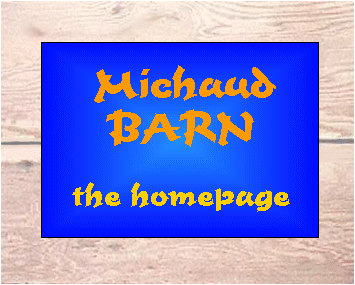 |
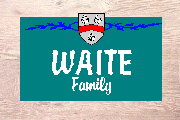 |
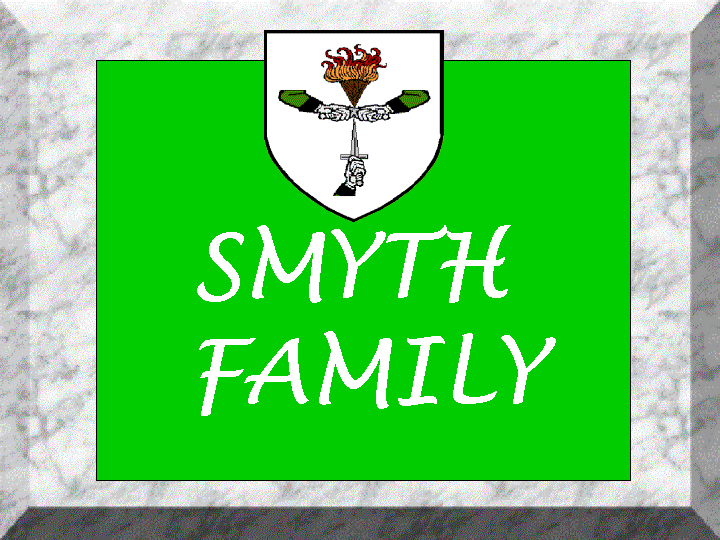 |
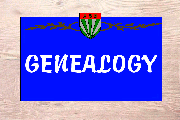 |
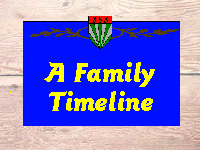 |
 |
Scott Michaud is
MAZHUDE@HOTMAIL.COM
Professional writer, editor,
fact-finder, and occasional user
of Standard American English.
![]()
Slàn, my friend! You are one of
people to have stopped by.
Please let me know how you enjoyed your stay.
Here's my old
GUESTBOOK,
which may or may not still work.
|
Sign My NEW Guestbook Just Look At My NEW Guestbook |
![]()